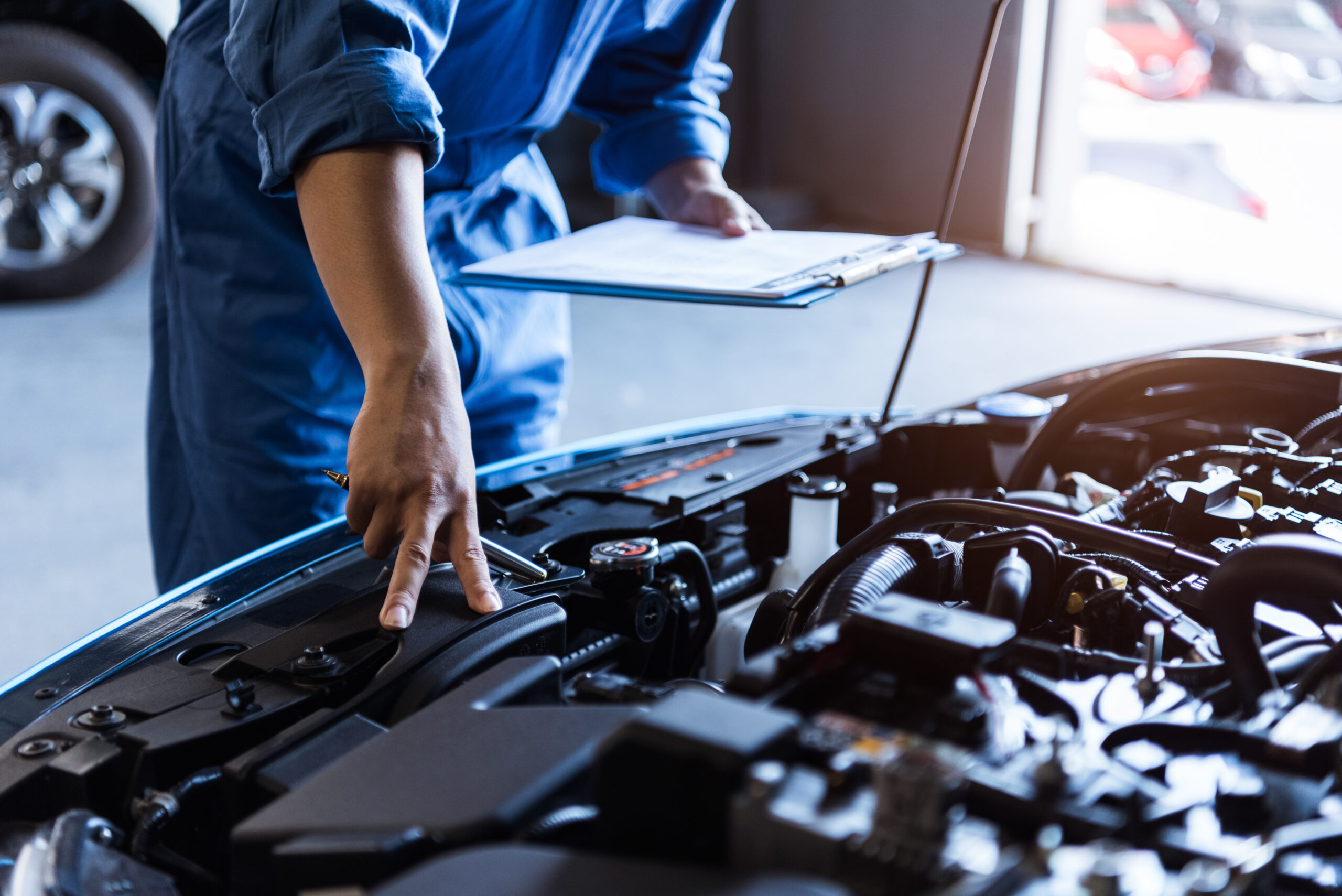The end of a myth: the ban of maintaining your vehicle outside the manufacturer’s network
Vehicle maintenance can’t be improvised, and it’s precisely for this reason that we need to look for ways to optimize it, far from clichés and preconceived ideas. How many times have we heard that, in order to continue to benefit from the manufacturer’s warranty, a vehicle must be serviced in the brand’s network? But is this really the case?
In concrete terms, as soon as a new vehicle is put on the road for the first time (M.E.C.), it benefits from a manufacturer’s warranty, obliging the latter to compensate the owner for breakdowns, hidden defects and other faults for a minimum period of 2 years. This warranty covers the repair or exchange of parts free of charge by the manufacturer, who will also pay for the labor involved in overhauling the vehicle.
Many carmakers now even offer a manufacturer’s warranty that extends beyond the first two years. For example, Kia and Hyundai cover defects on their models for 7 years (or 150,000 km) and 5 years (or unlimited mileage) respectively. While this “extended” warranty is not compulsory, over the years it has become a commercial and competitive advantage.
A well-founded belief… in the past!
For a long time, manufacturers almost systematically refused to cover the cost of repairs carried out outside their dealer network, even during the initial 2-year warranty period. It has to be said that the prevailing discourse remains largely colored by this period, which of course aims to create a climate of anxiety among motorists, prompting them to fear that they will lose the benefit of their warranty by “going elsewhere.”
However, since EU regulation no. 1400/2002-EC came into force in July 2002, all customers are free to have their cars repaired by any independent repairer, without this having the slightest impact on the validity of their manufacturer’s warranty. All that’s required is that you go to an approved garage – i.e. a professional repairer – and that he or she undertakes to comply with the manufacturer’s recommendations.
So, let’s be clear: any warranty clauses intended to force you to have your vehicle serviced within the manufacturer’s network are abusive, null and void.
But what is the reality? Unfortunately, it’s quite simple: for over a decade, European regulations were not applied. Up until 2013, when customers who had opted for independent repair were asked to take responsibility for their vehicle – and they did so quite legitimately – automakers would write to them with the following response: “As your vehicle has been submitted to a garage outside the network for diagnosis and repair, we refuse your request”. Consumer associations clearly identified this as “warranty blackmail”.

An obligation to provide information since 2014
It was finally an order dated May 26, 2014, published in the Journal Officiel on June 5, that reshuffled the deck, obliging manufacturers to state – clearly and legibly, in the vehicle’s maintenance booklet, whatever the medium (paper, Internet, etc.) – that any customer can continue to benefit from their contractual warranty by having their car serviced outside the network.
If we refer to the text, the decree in question now requires “clear and legible information in the vehicle’s maintenance booklet” informing consumers that “the benefit of the commercial warranty granted to him under Article L. 211-15 is not subject to the performance of repair and maintenance services not covered by this warranty, by a network of repair and maintenance outlets”.
But should you leave the manufacturer’s network?
It’s a good question, because it’s up to the “unfaithful” consumer (or informed consumer, because unfaithfulness can be good…) to ensure that repairs comply with the manufacturer’s recommendations. In theory, this means ensuring that the parts used are equivalent in quality, including lubricants.
This can be a legitimate cause for concern, as inferior parts or inappropriate lubricants can have unfortunate consequences, and can even lead to a dispute with the manufacturer. However, the major chains have long been offering similar packages to a manufacturer’s network overhaul, and have fully demonstrated their expertise in this field, with much more affordable prices.
In the end, there’s only one thing that puts the dealer network in the limelight: while all repairers now have the diagnostic tools to read fault codes, it’s still all too common for only the brands to have the patches needed to reprogram ECUs. Here again, the situation is moving in the right direction, towards greater freedom for the end customer, but progress is slow.
Let’s also mention the small corrective actions carried out by manufacturers when a vehicle passes through the workshop, without even informing the customer… These so-called “silent” electronic touch-ups end up “leaking” into the independent networks, but for a time, only motorists loyal to the dealerships benefit from them.
In conclusion, we can’t stress enough that you shouldn’t be fooled by the “genuine parts” claim that manufacturers put forward, as if they had designed all the parts on their vehicles themselves. This is obviously totally false! Manufacturers call on equipment suppliers such as EFI Automotive, who can then supply dealers as well as distribution and repair professionals. That’s precisely why we at EFI Automotive Service are proud to belong to an OEM, enabling our customers to benefit from genuine (or genuine-equivalent) quality parts at highly competitive prices. So don’t hesitate, and when it comes to your car budget, make infidelity rhyme with profitability!
Sources: www.turbo.fr, www.largus.fr, www.caradisiac.com, www.feuvert-entreprises.fr

